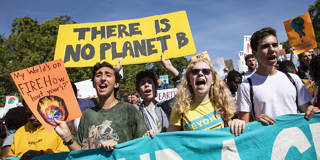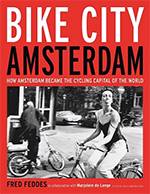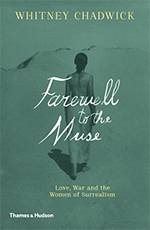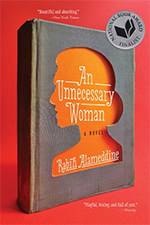OnPoint Subscriber Exclusive

Mónica Araya
Says More…
This week, PS talks with Mónica Araya, Transport Lead for Climate Champions, an independent international team coordinating Race To Zero campaigns for the United Nations Framework Convention on Climate Change.
Project Syndicate: In 2018, you and Carlos Manuel Rodríguez discussed the Intergovernmental Panel on Climate Change (IPCC) report showing conclusively that we urgently need to limit the increase in global temperature to 1.5° Celsius above the pre-industrial level. Nearly two years later, what progress has been made? How has the COVID-19 pandemic affected this effort, and how might it reshape climate action?
Mónica Araya: Recognition of the climate emergency has entered the mainstream among people on every continent. This is especially true for young people, who have woken up to prospect that, to paraphrase the teen climate activist Greta Thunberg, their futures could be “stolen” by climate change – or, more specifically, by leaders’ failure to address it properly. This awareness was emerging in 2018; today, few question its salience.
Collectively, we have also gained clarity about what addressing the climate crisis actually requires, including halving global carbon dioxide emissions by 2030 at the latest. The energy and road transport sectors are among those that will require the biggest overhaul this decade. Fortunately, in both areas, we have the technology we need.
Araya recommends
We ask all our Say More contributors to tell our readers about a few books that have impressed them recently. Here are Araya's picks:
-

Bike City Amsterdam: How Amsterdam Became the Cycling Capital of the World
by Fred Feddes and Marjolein de Lange
In the 1960s, car traffic almost defeated the bike in Amsterdam. This is the story of how grassroots activism and municipal policies came to the rescue. Amsterdam would not be the city it is today without the bike’s triumphant comeback.
-

Farewell to the Muse: Love, War and the Women of Surrealism
by Whitney Chadwick
Recounting the stories and friendships of women surrealist artists in the 1930s, 1940s, and 1950s, Chadwick highlights surrealism’s political context and shows how women escaped the constraints of the “muse” – a concept that is badly in need of revision.
-

An Unnecessary Woman
by Rabin Alemeddine
The woman at the heart of this novel, set in Beirut, is a recluse. Reflections on her deep love for literature, philosophy, and the arts – intertwined with memories of the Lebanese Civil War and her own difficult past – propel the plot forward, reminding the reader of how stories shape who we are.
From the PS Archive
From 2015
Araya urges governments to listen to their citizens when crafting environmental policy. Read more.
From 2017
Araya calls on governments to strengthen incentives to complete the transition to electric mobility. Read more.
Around the web
In this TED talk, Araya outlines a bold vision for a world committed to clean energy in all sectors. Watch the video.